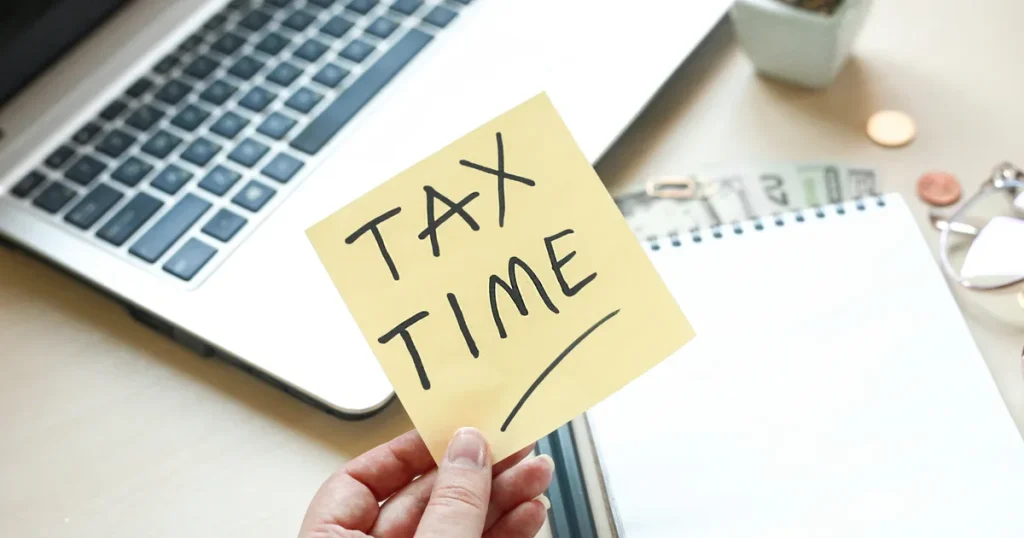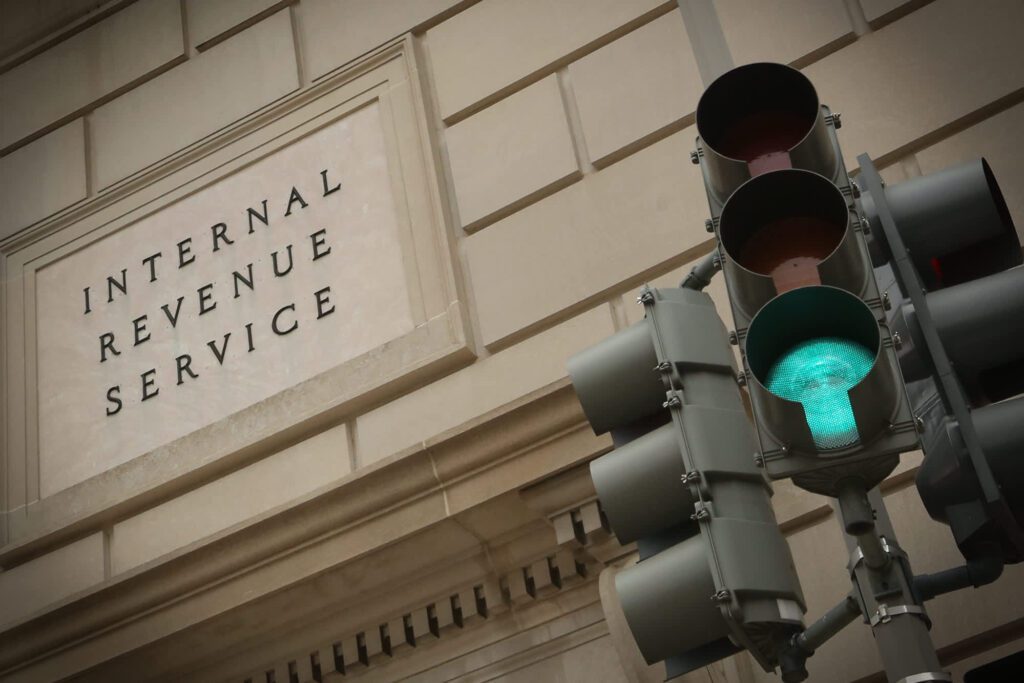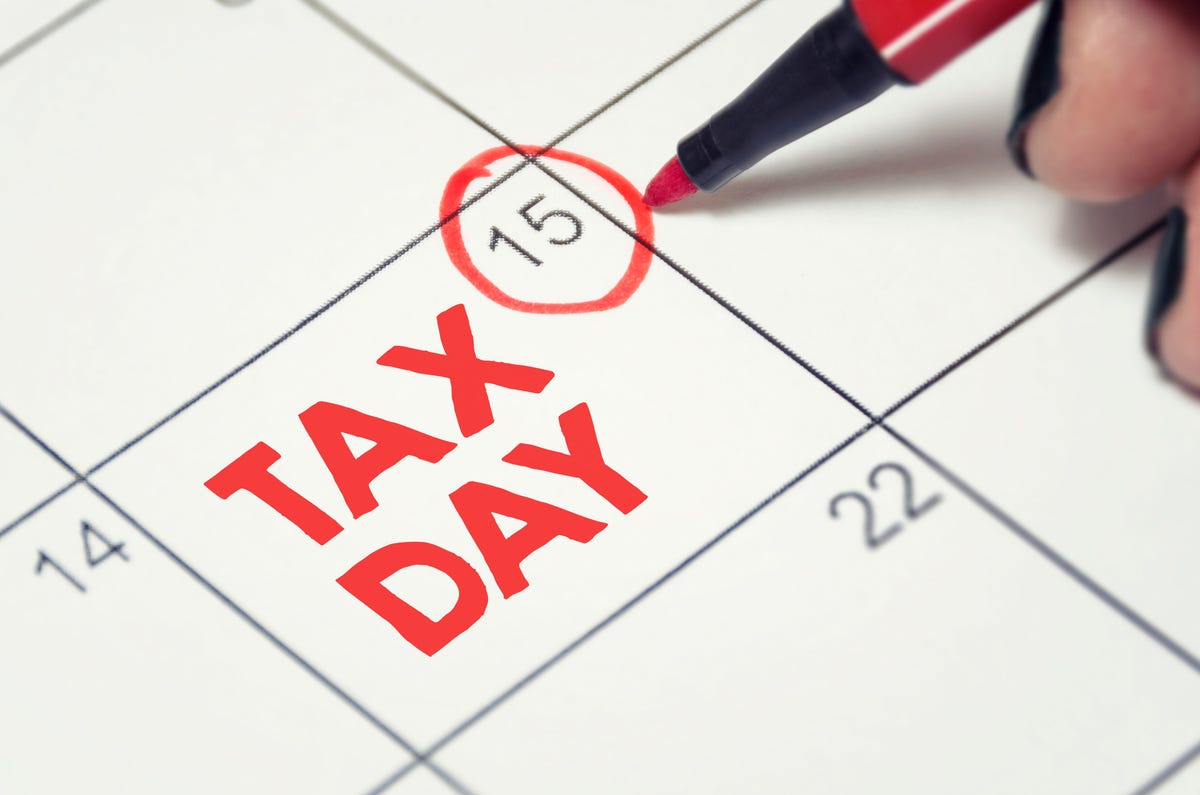Missing an IRS deadline is a horrible feeling. Most people find themselves filled with panic and dread if they miss such an important deadline. Between a recent pandemic, shifting deadlines, and everything that has gone on in your year, though, it is understandable that you might miss a deadline.
When you do miss an IRS deadline, your instinct might tell you not to communicate with the IRS — especially if you suspect you owe money and you do not have a way to pay it. However, that’s typically the worst option. In this article, we’ll discuss what you should do when you miss an IRS deadline, how the IRS might be willing to work with you if you do not have enough money to pay them, and where to go to take your next step to ensure you can communicate with the IRS and stay out of trouble with them.
What to Do If You Miss the Current Filing Year?

Every year (usually in April), we are supposed to file our taxes from the previous year. In 2022, 19 million people filed extensions with the IRS and missed the deadline to file. If you’re not able to pay taxes for any reason come filing day, this is your best option: filing an extension.
How to File a Tax Extension?
The IRS encourages you to e-file an extension (free of charge) if you find yourself in this situation.
You can file an extension for any reason, and the IRS won’t even ask you why. If you do this, you’ll need to file your taxes by October 15, and they expect you to be ready to pay by then should you owe. If you’ve experienced a death in the family, have just started a new job, are having trouble with food or job insecurity, or have any other reason for missing your taxes, you’re covered if you file the extension.
What to Do If You Didn’t File a Tax Extension?
If you miss the opportunity to file a deadline, a few things happen. First, you may be assessed a penalty by the IRS. This is called a failure-to-file penalty, and it can be up to 5 percent of what you owe. However, if you’re expecting a refund and you file late, the IRS won’t give you a penalty. This means if you’re low-income or for any other reason will get money back instead of owing, you’re (kind of) off the hook. You could still incur some penalties.
You can only file for the last three years of taxes due, so if you’ve missed the deadline and you are expecting a refund, you’ll lose it if you do not file within the correct amount of time.
What If You Can’t Find the Prior Year’s Numbers?
To file your taxes, the IRS will ask you about your tax return information for the previous year. That can be tough if you didn’t file yet, or if you don’t have your paperwork. If you’ve had to move around a lot, lost access to an email account your accountant used to contact you, etc., it’s easy to understand why you wouldn’t have that number.
Things have gotten much easier in recent years as you can now register for an IRS online account. In your account, you can access your previous returns and get the information you need to move forward. This account will also clearly tell you about the monies owed, your refunds, and more.
If you’re missing a specific document, such as a W-2 form from your employer, you’ll want to contact the issuing institution directly. The IRS will only have that info if it was sent to them already.
Should You Go to an Accountant If You Can’t Afford to Pay Them or Taxes?
If you’re low-income and you’re fairly certain you will receive money back, you should absolutely head to the accountant as soon as you can, even if you’ve totally missed the filing deadline. This is because most accountants don’t mind being paid out of your refund!
- If you’ve only done your own taxes (or back taxes) in the past, there are some questions your accountant will want to know in addition to your name, address, email, and telephone number. You’ll need:
- Square footage of the home, especially if you work from home some or all of the time
- Office space square footage
- Rent or mortgage cost
- Information about your home purchase and value
- Income and expenses
- Name, birth date, and social security number of household members; also, all of the above information if you are filing jointly with a spouse.
You should bring bank statement info (you have to report the amount you have in the bank) and any paperwork involving income and expenses, such as 1099s and W-2 forms. If you’ve moved recently, your accountant should get paperwork about that, too, including the costs of any moving expenses. If your have excessive medical expenditures, you’ll need to provide an itemized list of medical expenses as well.
The truth is this: most low-income households shouldn’t shy away from any IRS deadlines because they get refunds instead of a tax bill. Often, the refund will cover your accountant’s cost, too.
How to Avoid Missing Your IRS Deadline?

If you’re a last-minute kind of person, filing an extension is the best way to avoid missing your deadline totally. You should do that as soon as you realize you’re not going to make your deadline.
The best way to avoid missing your IRS deadline is to file early. Most people can do that at the end of January or beginning of February after they receive their W-2 forms from their employers. Employers are required to send W-2s to you by the end of January. If you prepare your other tax documents prior to receiving the form, you can file as soon as you get it.
If you’ve missed deadlines, it’s not as bad as you think: the IRS greatly appreciates communication, and your accountant can facilitate that. If you owe, the IRS is happy to provide you with a payment plan, too. Generally if you’re low to mid-income and you stay in touch with them, you’ll remain on their good side as long as you demonstrate a willingness to pay.






